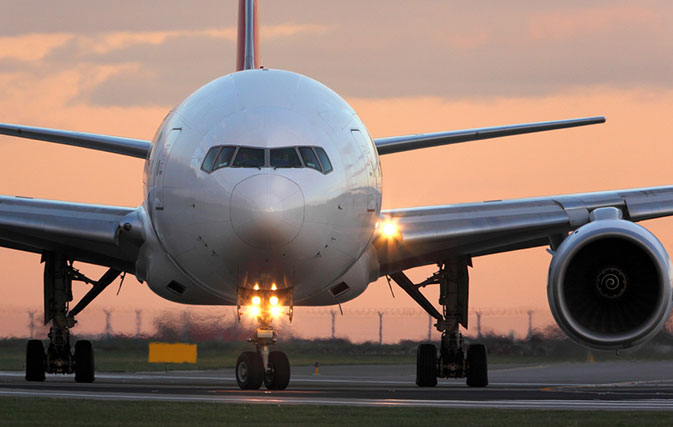OTTAWA — After the federal government hinted on Friday that more travel restrictions could be coming, the National Airlines Council of Canada (NACC) issued a statement underscoring how critical it is for airlines and government to work together on any new measures.
As of November 2020, international arrivals were down 93%, notes the NACC.
With already drastically reduced passenger traffic, Canada’s airlines have attempted to continue essential operations with unpredictable to non-existent revenues. Meanwhile tens of thousands of airline employees have already lost their jobs and direct financial aid from the government has not yet materialized.
On Nov. 8 then-Transport Minister Marc Garneau announced a financial package for Canada’s airlines, one that would be contingent on refunds, which for agents could trigger mass commission recalls. Since Nov. 8 there have been no further details about an airline industry bailout.
The file was taken over by new Transport Minister Omar Alghabra, who was appointed to the post on Jan. 12.
Mike McNaney, the NACC’s President & CEO, says that over the course of the pandemic, industry, labour, and government have for the most part worked effectively to implement a long list of new regulations designed to continue to protect employee, passenger and public health “Airlines and airline workers are the front-line implementors of these policy changes. We need to work together to ensure an effective outcome for all involved,” said McNaney.
Tim Perry, ALPA Canada President, points out that to date, less than 2% of all cases reported in Canada are from those who travelled outside of the country. “Throughout this pandemic, each one of our unions has advocated for public and passenger safety,” said Perry. “Today is no different, as we seek to work with the government on a path forward with continued safe operation, based on a robust science- and data-based testing regime for quarantine measures and any additional restrictions.”
Rob Giguere, CEO, ACPA, adds that the federal government has acknowledged the importance of the aviation sector as it connects Canada to the rest of the world for key goods and services – such as PPE, vaccines and ongoing items – and to ensure that same flow within Canada’s borders. “While passenger volumes remain very depressed, for those routes that continue to operate, our pilots are often flying aircraft bellies full of cargo, representing a vital element of our continued supply chain,” said Giguere.
Meanwhile, as the federal government mulls further travel restrictions, Canada’s airlines are still dealing with a 90% drop in traffic, says Jerry Dias, Unifor National President. “Our airlines have been burning through cash, and we still have not seen aid anywhere near what other international carriers have received. Canada needs to act urgently on this front.”
“The message from airline workers remains clear, government financial aid for our devastated industry is long overdue,” added Dias.
“For nearly a year, airlines have adapted quickly throughout this global crisis,” said NACC’s McNaney. “We want to work with government as a partner, as measures are being discussed, to assure effective implementation and avoid unintended consequences. The recently introduced pre-departure testing regime placed a great deal of strain on our industry as we sought to implement the new requirements in the span of one week, working with officials at a feverish pace to develop the necessary regulations and guidance material.”

